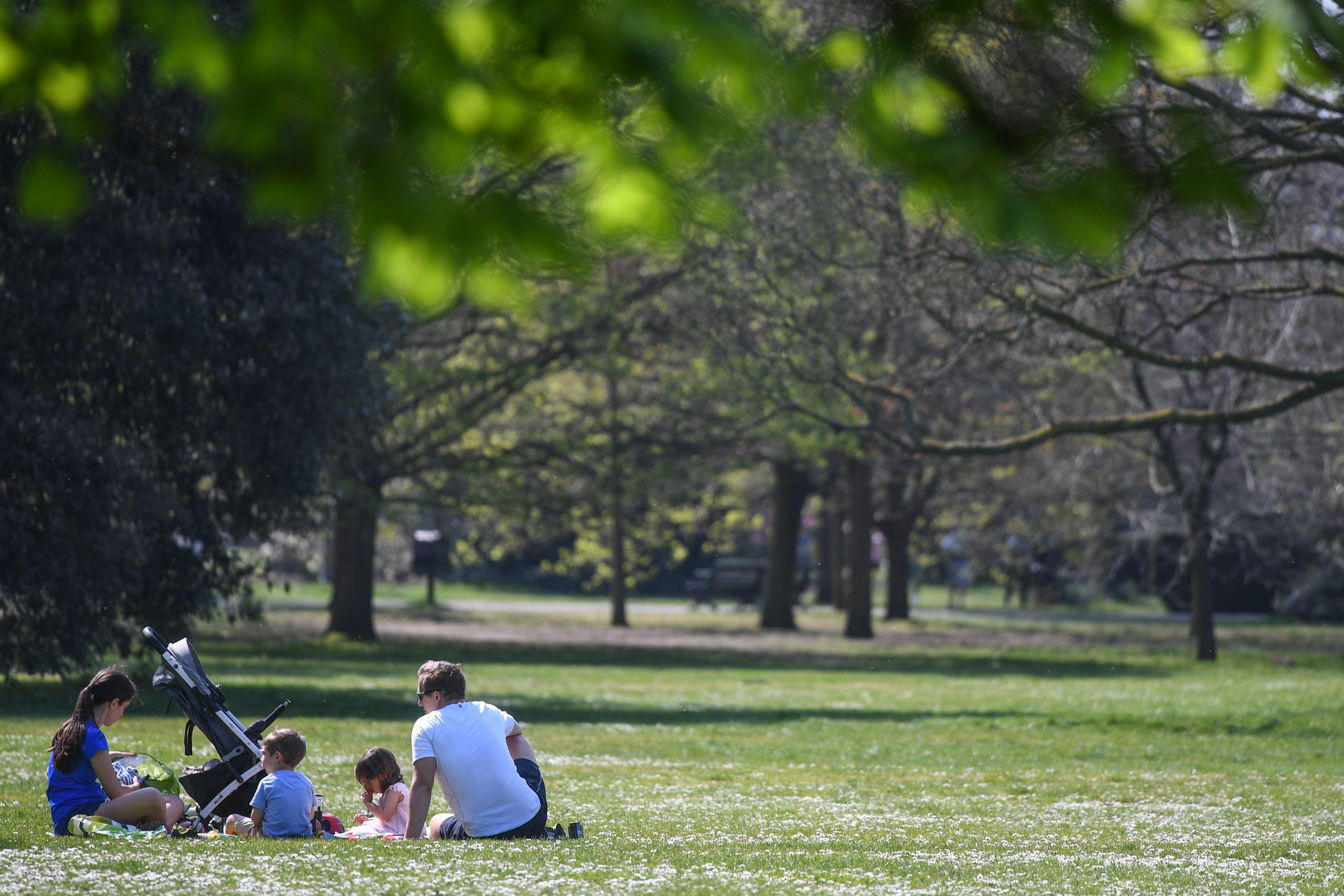
One of the many unexpected outcomes of the coronavirus pandemic is that the importance of public parks and gardens for people’s wellbeing has shot up the political agenda. “People need parks,” announced Communities Secretary Robert Jenrick on 23 April, when, no doubt relieved to have some good news, he told a nation desperate to emerge into the magnificent spring sunshine that parks would reopen.
But is it really news that people need parks, gardens and green spaces? On one level, no. Throughout history gardens have been sought after. Anyone wealthy enough to build a palace or mansion would surround it with parkland. Traditionally, therapeutic settings such as alms houses and asylums included gardens so that their residents would experience what used to be the unquestioned benefits of the sight and scents of plants.
By the late 20th century, however, a utilitarian approach to investment ensured that the provision of green spaces became deprioritised. In part, this was because there was little robust evidence of their benefits. Without quantifiable evidence, urban green spaces came to be perceived as lacking in value, squeezed out by more lucrative development that created the sort of measurable returns that can be captured on a balance sheet.
Since the turn of the century, there has been an exponential increase in the number of academic research papers documenting myriad ways that parks, gardens, street trees and other “green infrastructure” provide measurable benefits to people’s mental and physical wellbeing. This international research ranges from large-scale statistical analysis, increasingly using data technology such as mobile phones to track the use of green spaces, to more personalised studies such as fitting people with sensors and measuring their mental and physical reactions as they walk through parks.
It tells us that human beings respond to seeing, and being within, green spaces in profound and often unexpected ways. Many studies show that being in green space can measurably reduce stress, making green space provision in urban areas particularly valuable. Other studies provide evidence of much longer-term benefits. For instance, research by Professor Catharine Ward Thompson at the University of Edinburgh shows that elderly people who spent time in parks and green spaces when they were children have better cognitive functions in old age than those who did not. The effect was strongest for women and people from a lower socio-economic background.
Multiple other studies show that people from lower socio-economic backgrounds benefit the most from access to urban green spaces, so much so that providing good local green spaces is seen as an effective way of helping reduce inequalities in wellbeing by authorities such as Public Health England. Unfortunately, the data also tells us that more deprived communities have less green space nearby. The Office of National Statistics’ recent report, Access to Gardens and Public Green Space in Britain, finds that in England black people are four times less likely than white people to have access to a garden or balcony.
Research by the charity Fields in Trust shows that parks and green spaces provide adults in the UK with £34.2bn of wellbeing benefits each year and save the NHS £111m each year, calculated using a methodology approved by the Treasury. They make a powerful case that parks and green spaces need more investment, focused on communities with high proportions of black and ethnic minority residents to reduce inequalities. When published in 2018 this evidence was welcomed by the then minister for England’s parks and green spaces, Rishi Sunak.
Sunak, now Chancellor, has read the evidence: urban areas with tree-lined streets and well-maintained public parks support the wellbeing of their communities, reduce inequalities, and cut costs to the NHS. If, as a nation, we are serious about rebuilding a more equitable and resilient society we must recognise that greening urban areas is an essential investment.
Julia Thrift is director of healthier place-making at the Town and Country Planning Association.




